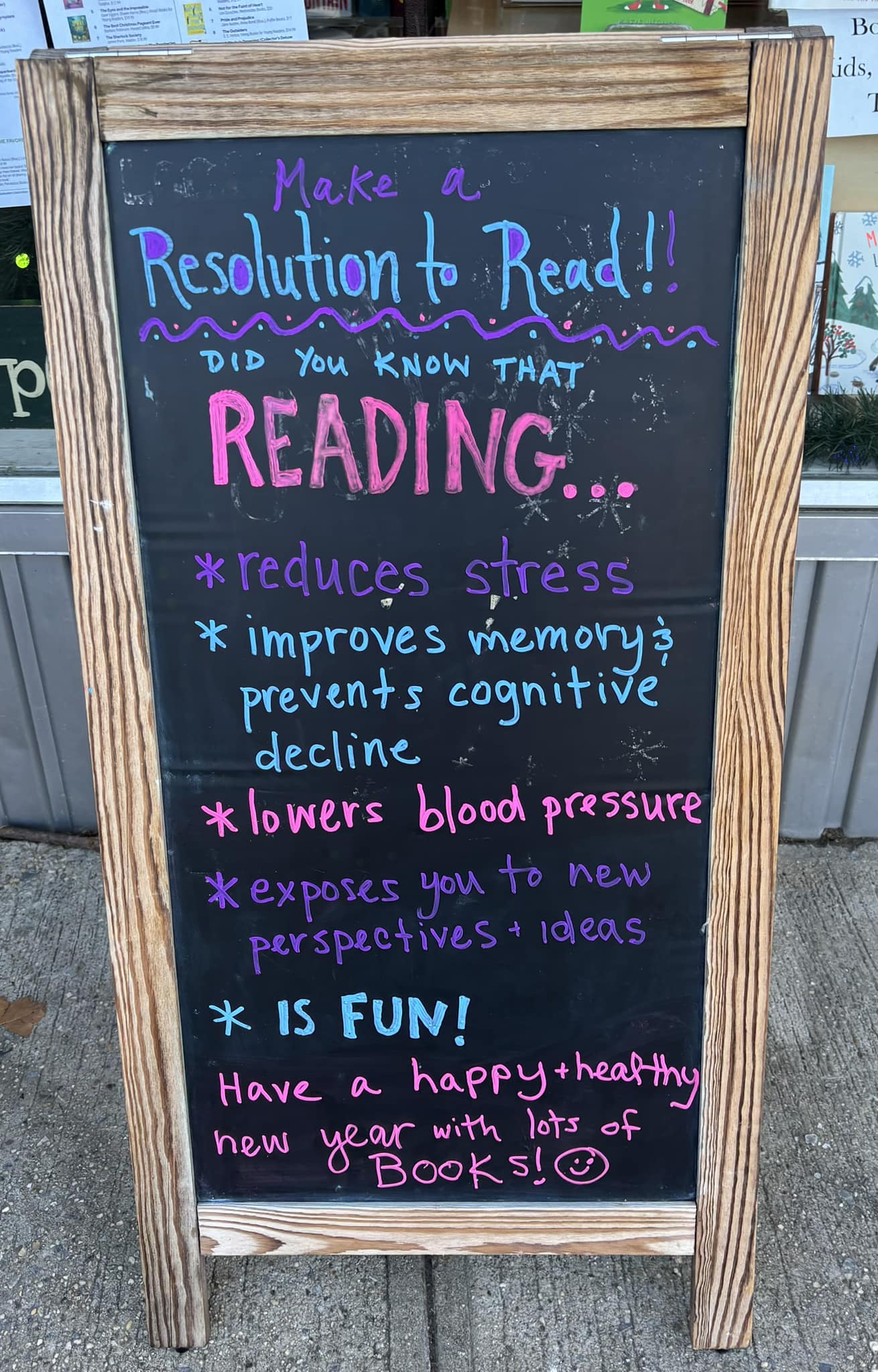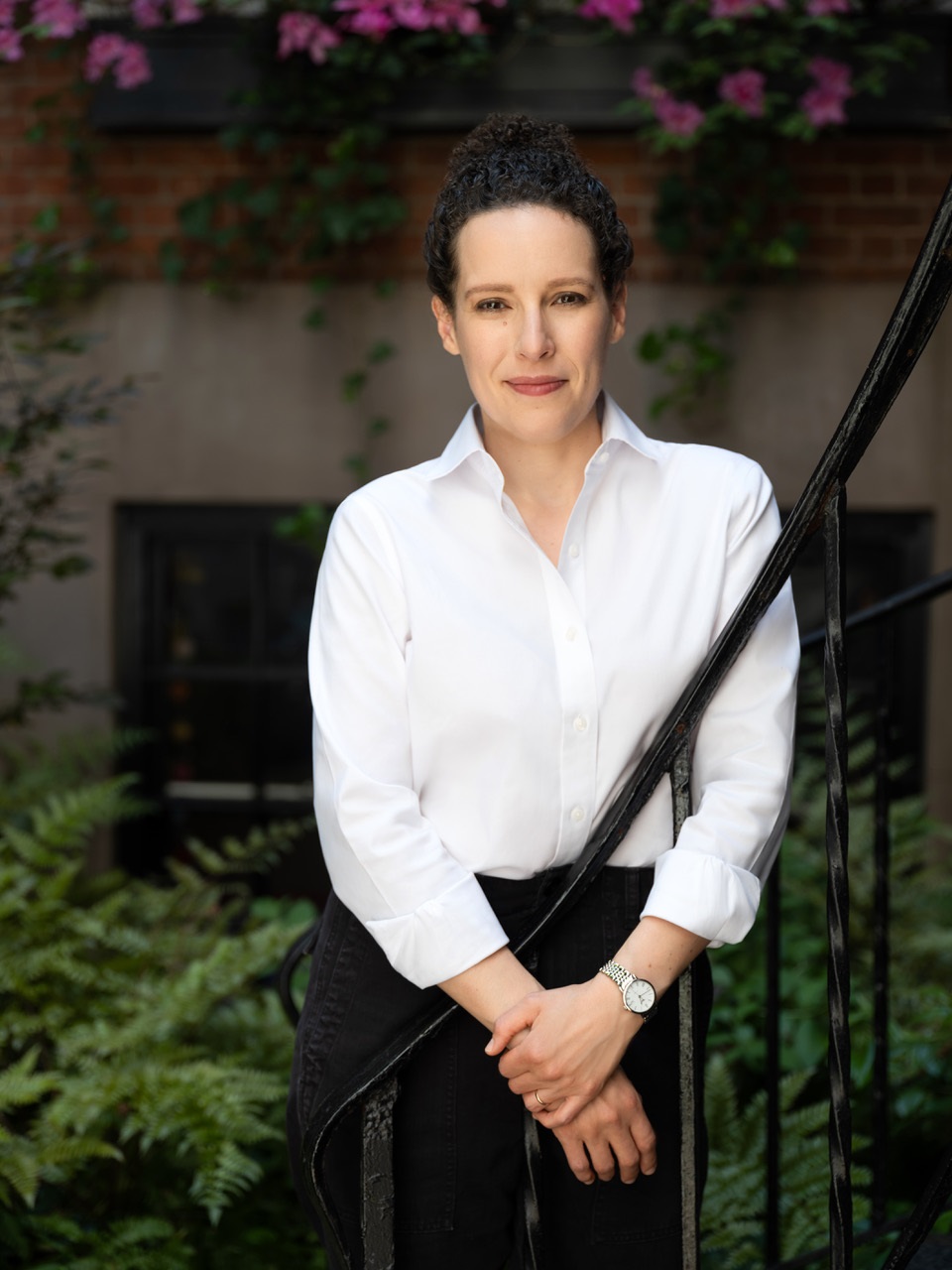 |
| photo: Beowulf Sheehan |
Elizabeth Harris is an award-winning reporter at the New York Times, where she covers books and the publishing industry. Her debut, How to Sleep at Night (Morrow, January 7), is a witty and whip-smart novel about love, marriage, and family ties stretched thin by ambition. And as a longtime reporter, she finds it very strange (though also delightful!) to be on the other side of an interview.
Handsell readers your book in 25 words or less:
It's a novel about marriage and ambition that offers some hope to those who need it in these incredibly divided times. Plus, good sex scenes.
On your nightstand now:
An author I admire recently told me to read anything by E.L. Doctorow to study structure, so I just started Ragtime. I'm also reading Information Desk by Robyn Schiff, a book-length poem inspired by her time working at the information desk at the Metropolitan Museum of Art. (Lots of people asked her where to find the bathroom.)
One excellent feature of my job is that I get advance reader copies of books that have yet to be published, so I have a few of those on my nightstand, as well. Among them are two debut novels: Sleep by Honor Jones and Fundamentally by Nussaibah Younis. I haven't read them yet, but they're at the top of my list.
Favorite book when you were a child:
Mooch the Messy by Marjorie Weinman Sharmat, illustrated by Ben Shecter. Mooch is a very messy rat who lives in a hole under a hill in Boston. One day, his father, who wears a dapper little fedora, comes to visit Mooch in his hole and is appalled by the mess, so Mooch cleans up so his father will have a nice visit. When his father leaves, Mooch dumps all his clothes and shoes and various other things back out on the floor.
I probably found this book validating because I was a messy child. I think I'm better now, but my wife may disagree.
Your top five authors:
Virginia Woolf. Louise Glück. James McBride. Lauren Groff. Ada Limón.
Book you've faked reading:
In high school, I once wrote an essay on To the Lighthouse by Virginia Woolf without finishing it. My teacher was not fooled! I've never faked reading a book again.
Virginia and I had a renaissance not long after when I read/reread several of her novels and a big, fat book of her letters. She remains one of my favorite authors. I've probably reread Mrs. Dalloway more than any other book.
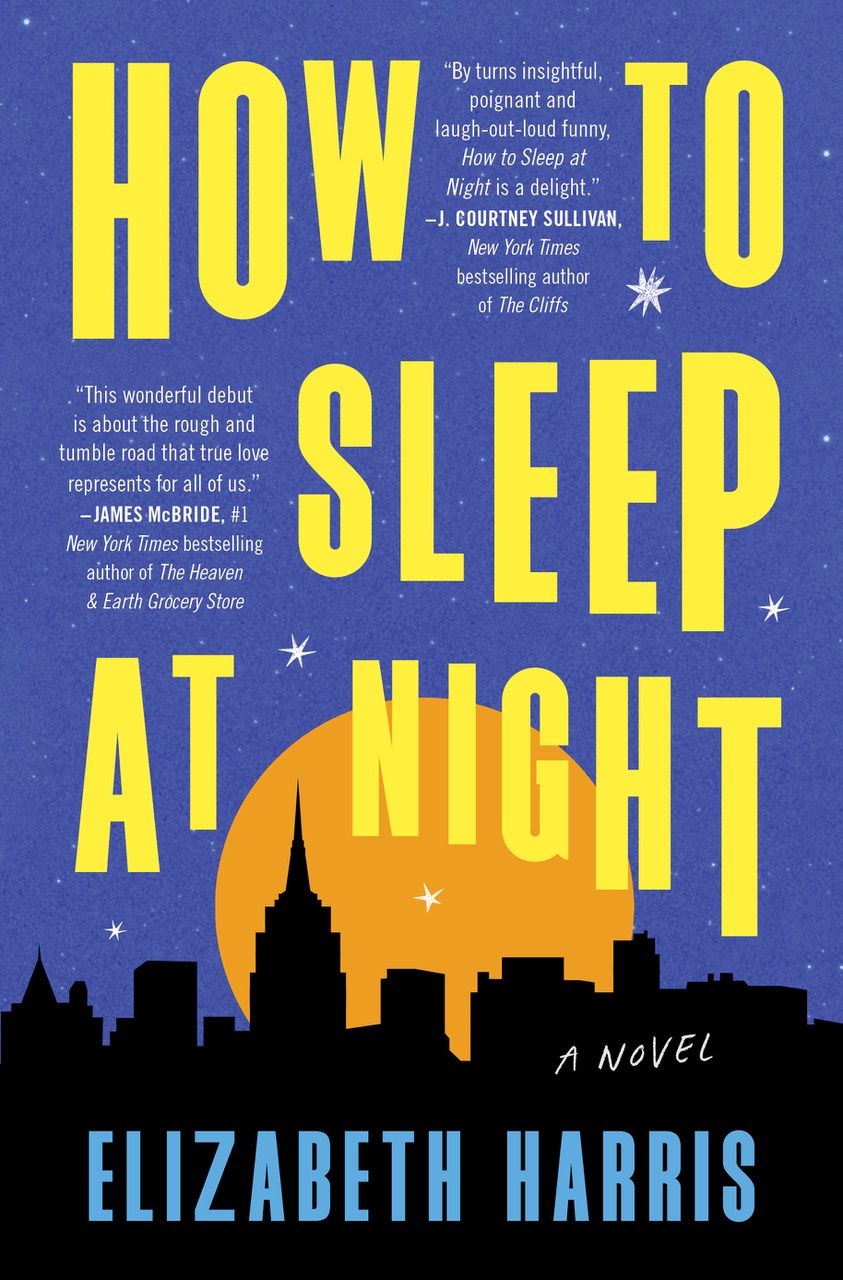 Book you're an evangelist for:
Book you're an evangelist for:
The Spirit of the Waynes by Ethan Cooper, a moving novel about the decline of aging parents. But I'm completely biased on this one. Ethan Cooper is my dad.
Another is The Warmth of Other Suns by Isabel Wilkerson. Easily one of the best nonfiction books I've ever read, and one every American should read.
Book you've bought for the cover:
Her Body and Other Parties by Carmen Maria Machado. Though maybe that was more for the title.
Book you hid from your parents:
Oranges Are Not the Only Fruit by Jeanette Winterson, which is a coming-of-age story about a lesbian in England. I was in high school at the time, and I was convinced that if my parents saw the book, they would immediately intuit that I had a girlfriend.
Book that changed your life:
I don't know if it changed my life exactly, but one book that helped me grow into my own taste was The Catcher in the Rye by J.D. Salinger. I tried to read it in high school and again in college, and I just couldn't get through it. I hated it. That helped me realize that books aren't "good" or "bad." Those judgments are subjective, a matter of taste and, often, what's fashionable. There is nothing wrong with loving a book other people think is trashy or being unable to finish a classic.
Favorite line from a book:
"You saved me, you should remember me."
That is the first line of Vita Nova, a collection of poems by Louise Glück. I remember reading that line for the first time in college and feeling like someone had grabbed me by the shoulders and shaken me.
Mind if I share another line? Okay, great!
"Longing, we say, because desire is full of endless distances."
That one is from "Meditations at Lagunitas," a poem by Robert Hass. I almost got the last line of that poem ("blackberry, blackberry, blackberry...") tattooed on my arm in college. I wimped out. But a friend of mine went through with it, and that feels like a great compromise to me.
Five books you'll never part with:
This question was a tough one. I have a hard time parting with books I love--and I've loved a lot of books! (I told my wife I needed to make a list of five, and she laughed.) Three books I dip into pretty regularly are Louise Glück: Poems 1962-2012, The Carrying by Ada Limón, and Emily Dickinson's Poems: As She Preserved Them. I will always have a copy of Mrs. Dalloway by Virginia Woolf and Fates and Furies by Lauren Groff.
Book you most want to read again for the first time:
Because it's fresh in my mind, I'll say Middlemarch by George Eliot. I finally read it for the first time last year, and it was so wise and surprising and funny. I couldn't help but go around saying to people: "You know what's a great book? Middlemarch!" Which was ridiculous.









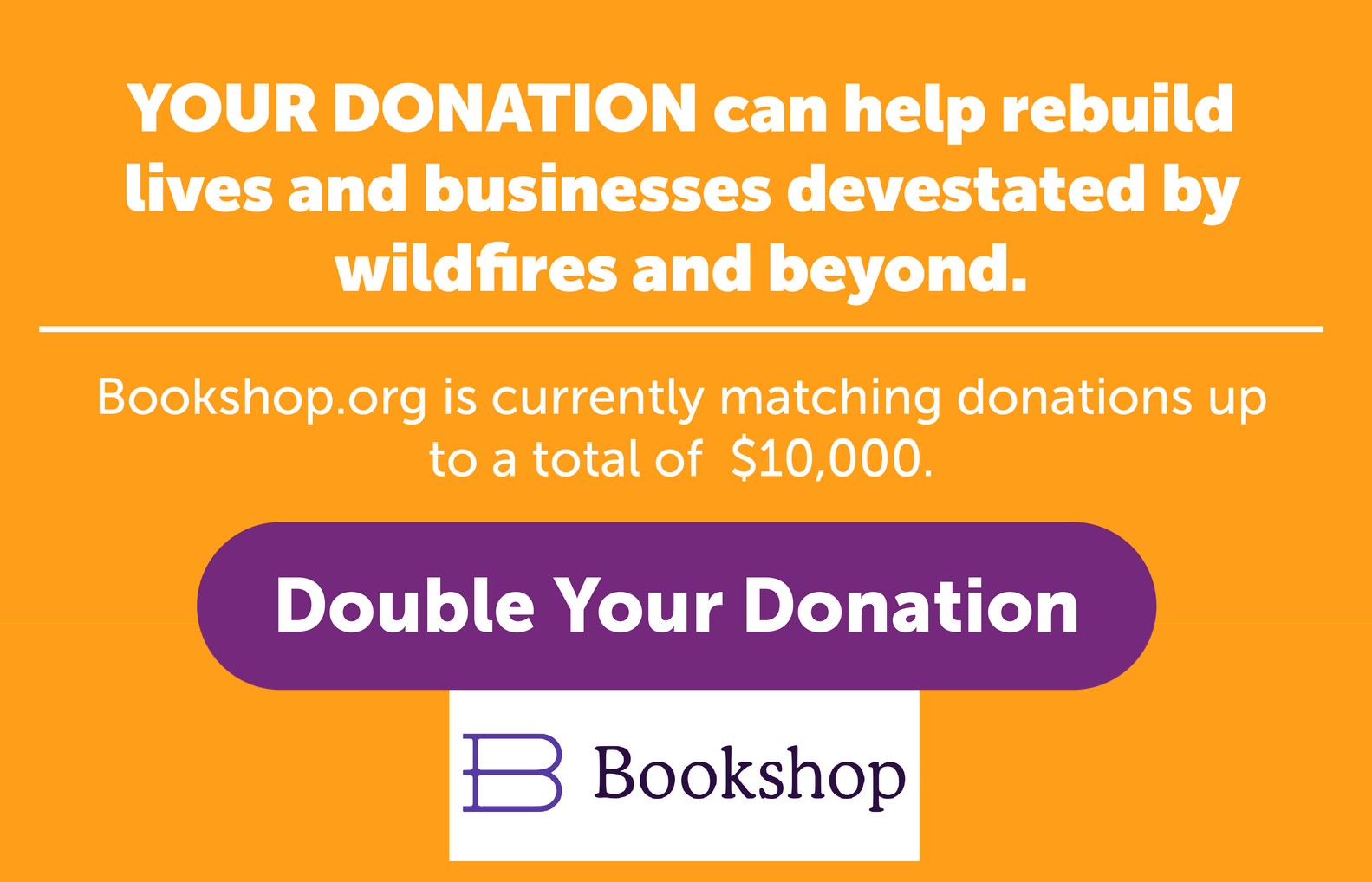

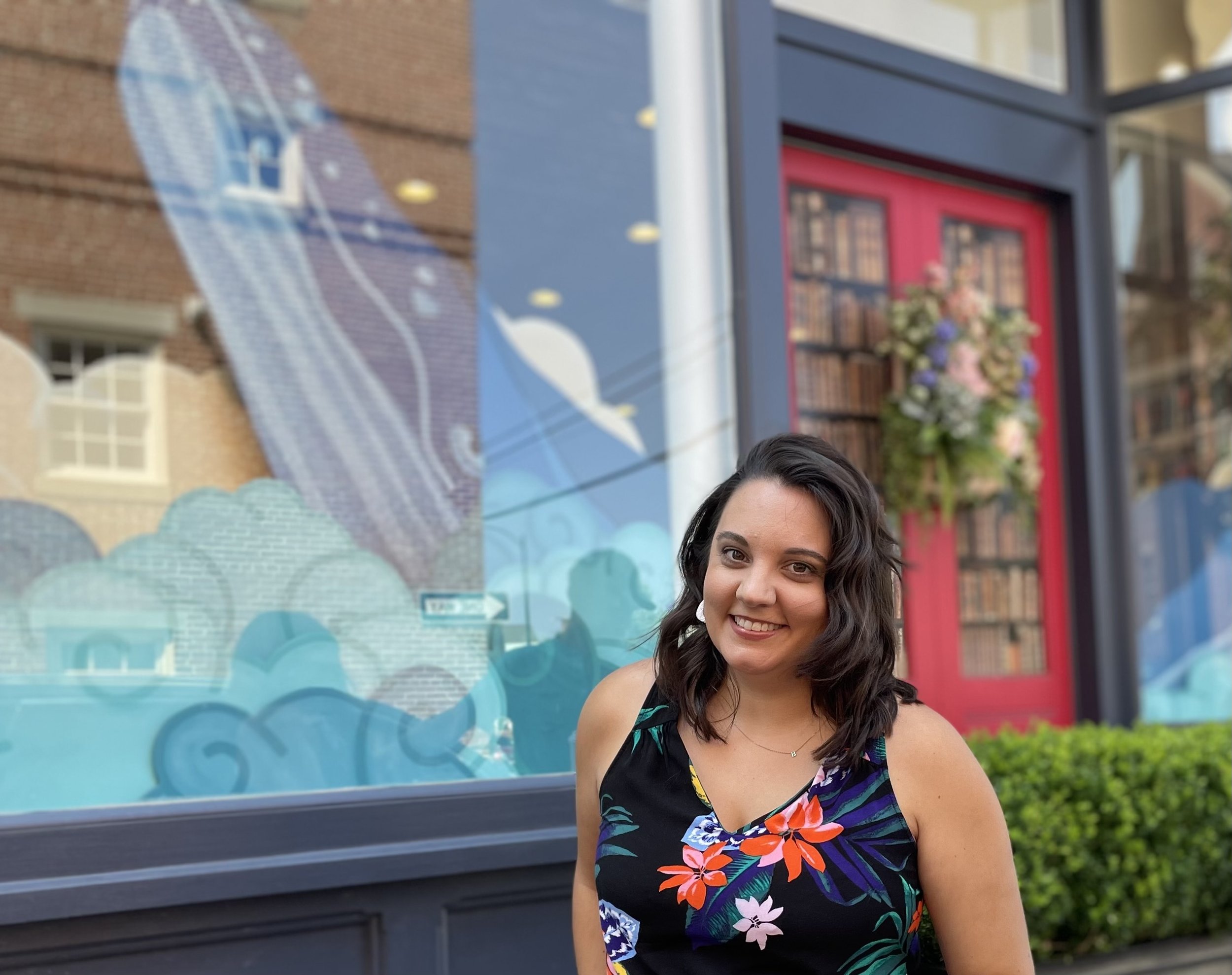

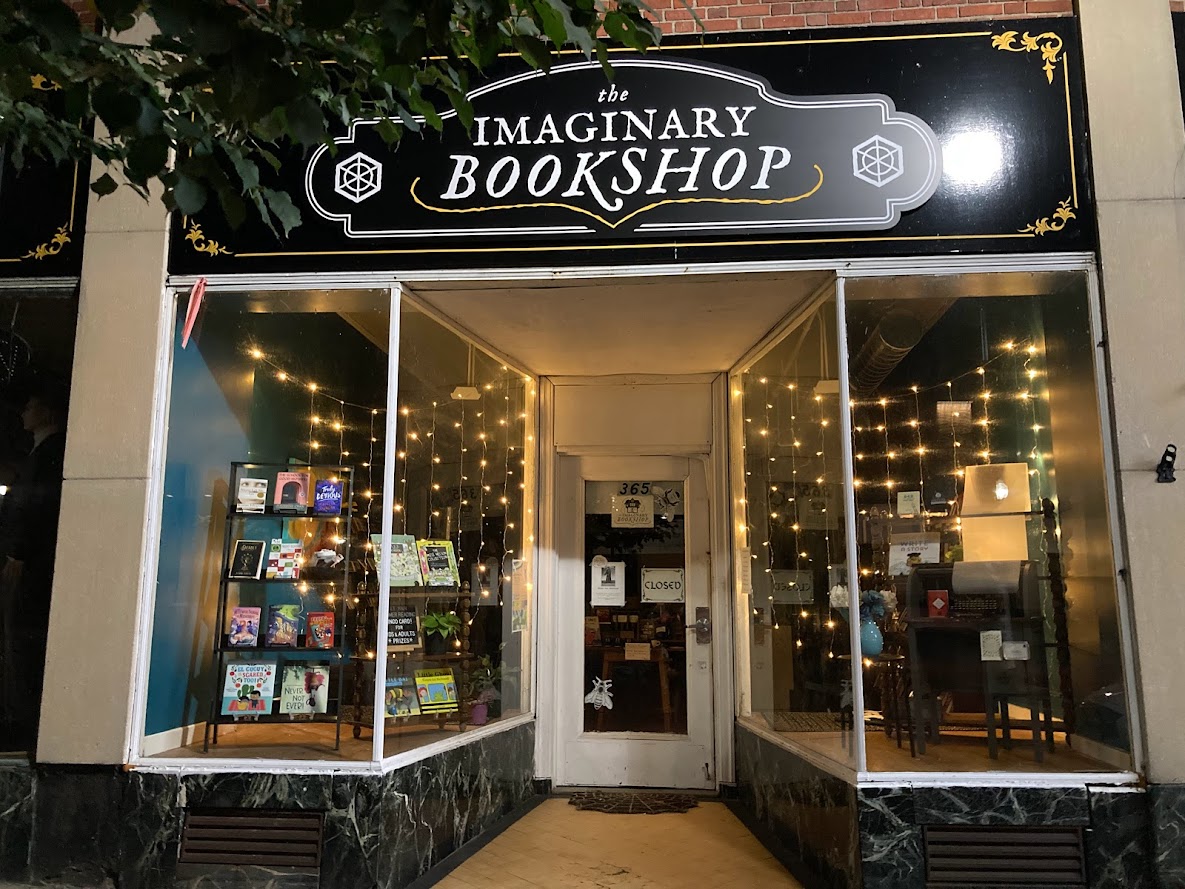
 The Crown Publishing Group is launching
The Crown Publishing Group is launching 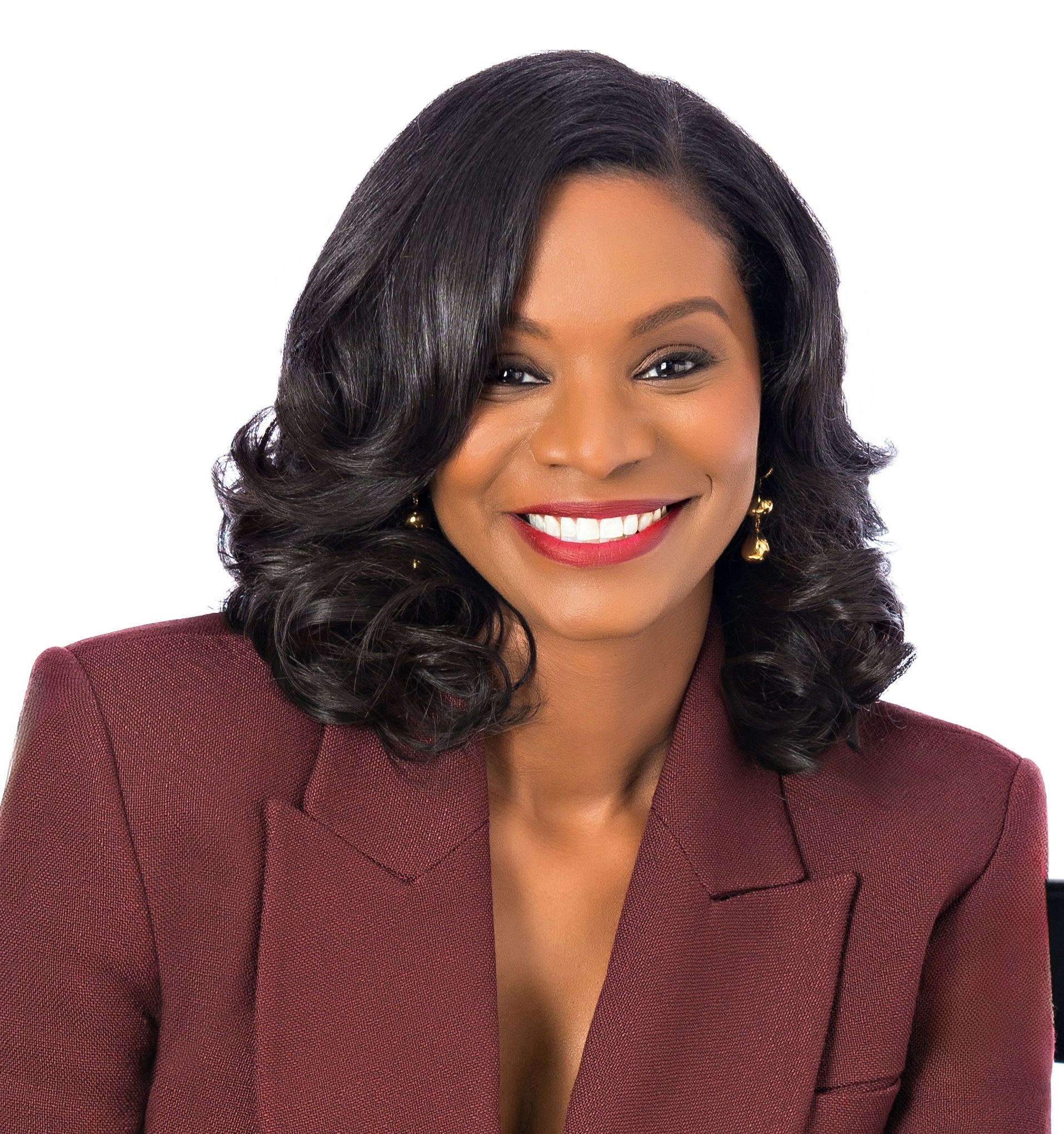
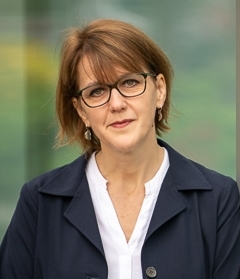
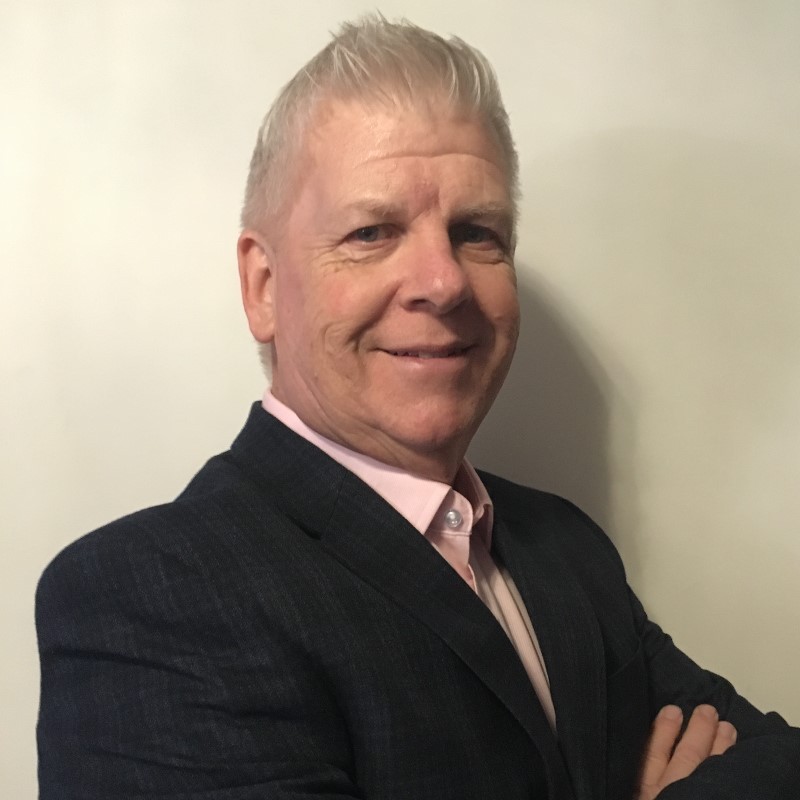

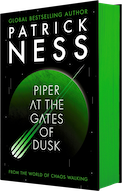
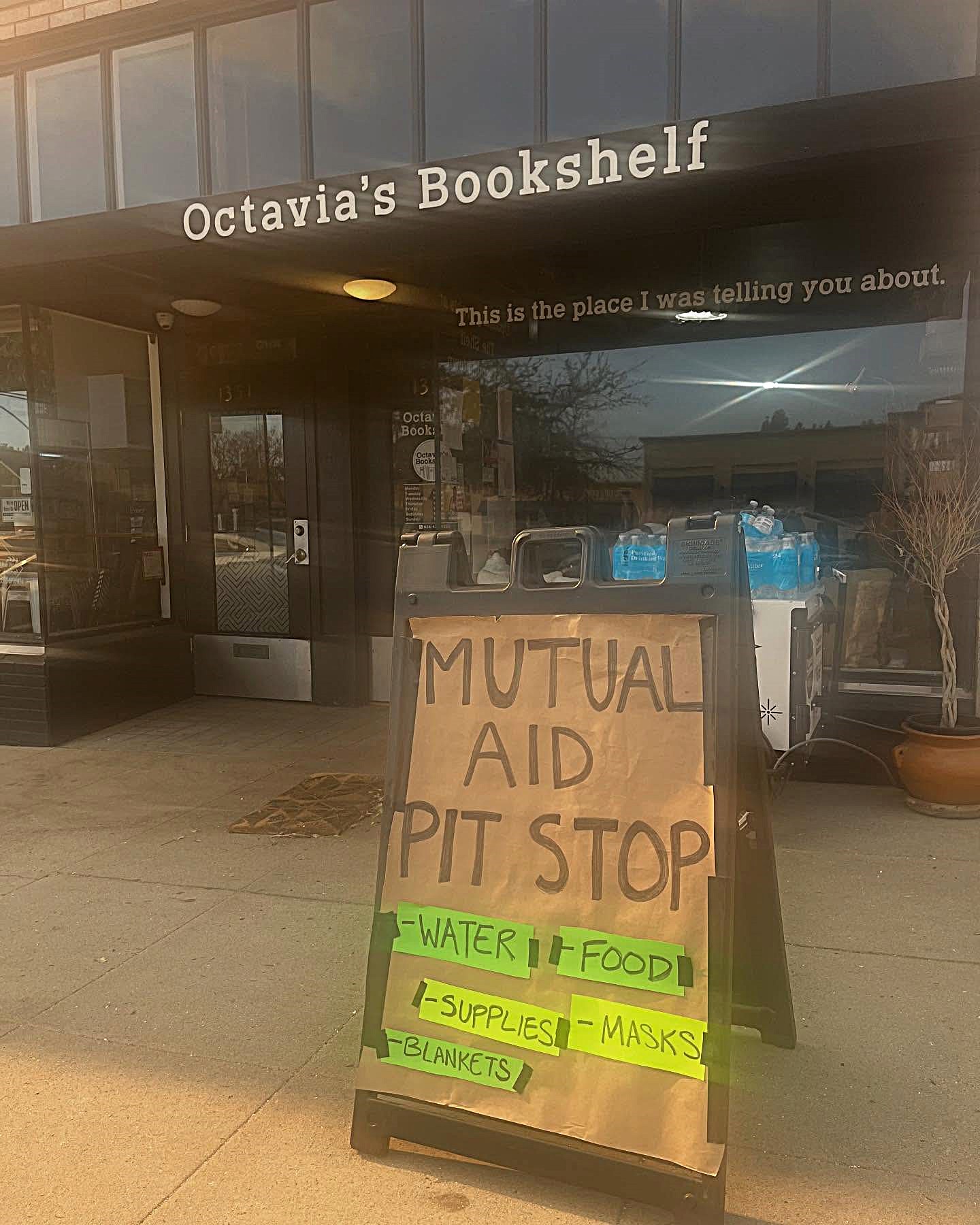 As devastating wildfires continue to burn in Southern California,
As devastating wildfires continue to burn in Southern California, 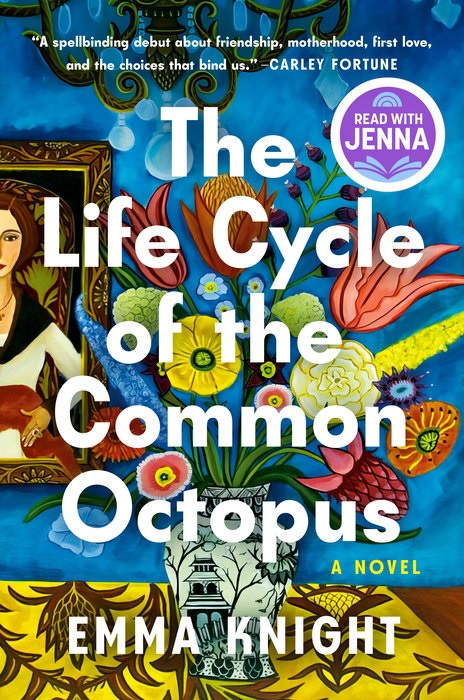 Today co-host Jenna Bush Hager has chosen The Life Cycle of the Common Octopus by Emma Knight (Pamela Dorman Books) as her January
Today co-host Jenna Bush Hager has chosen The Life Cycle of the Common Octopus by Emma Knight (Pamela Dorman Books) as her January 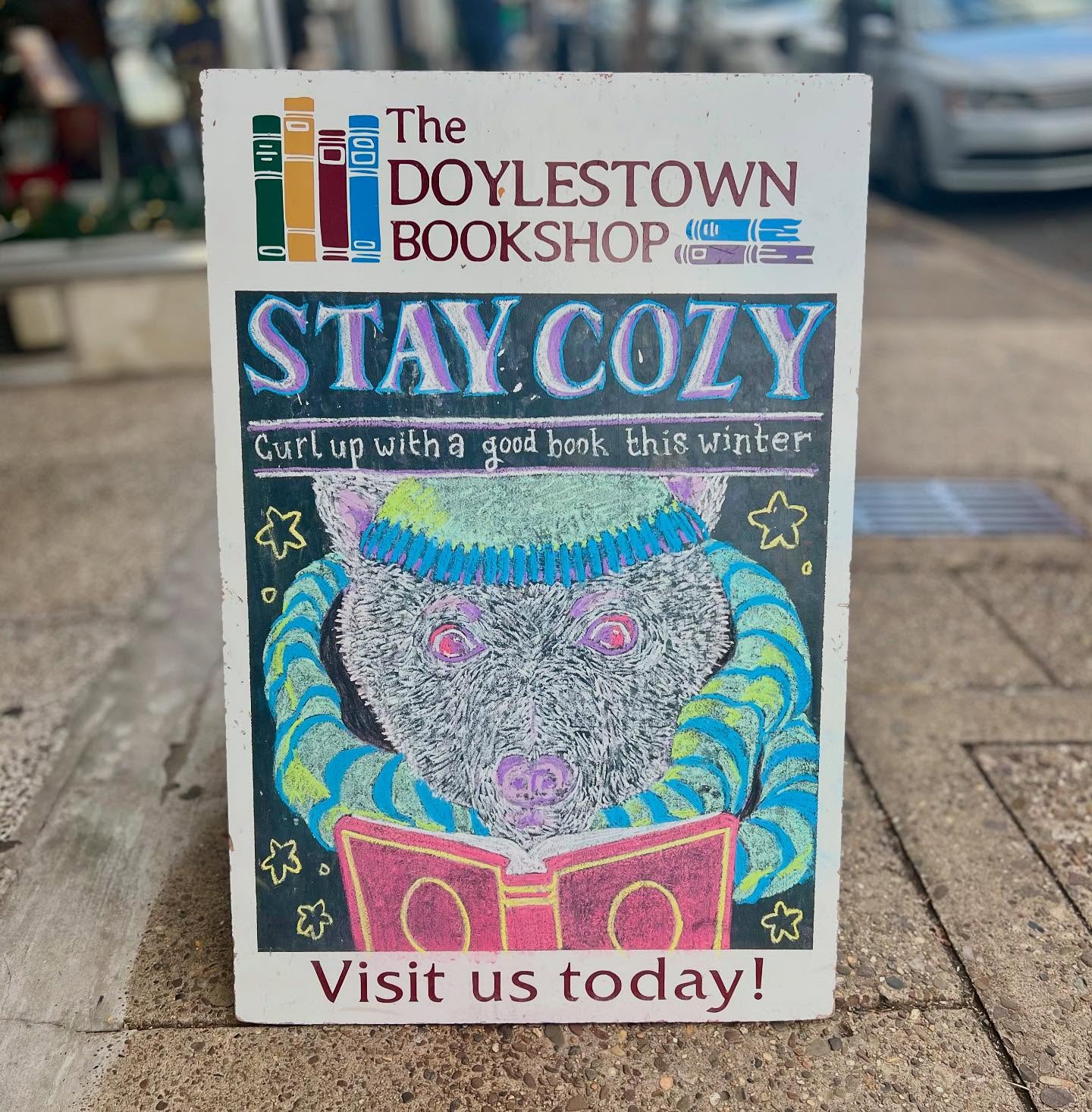
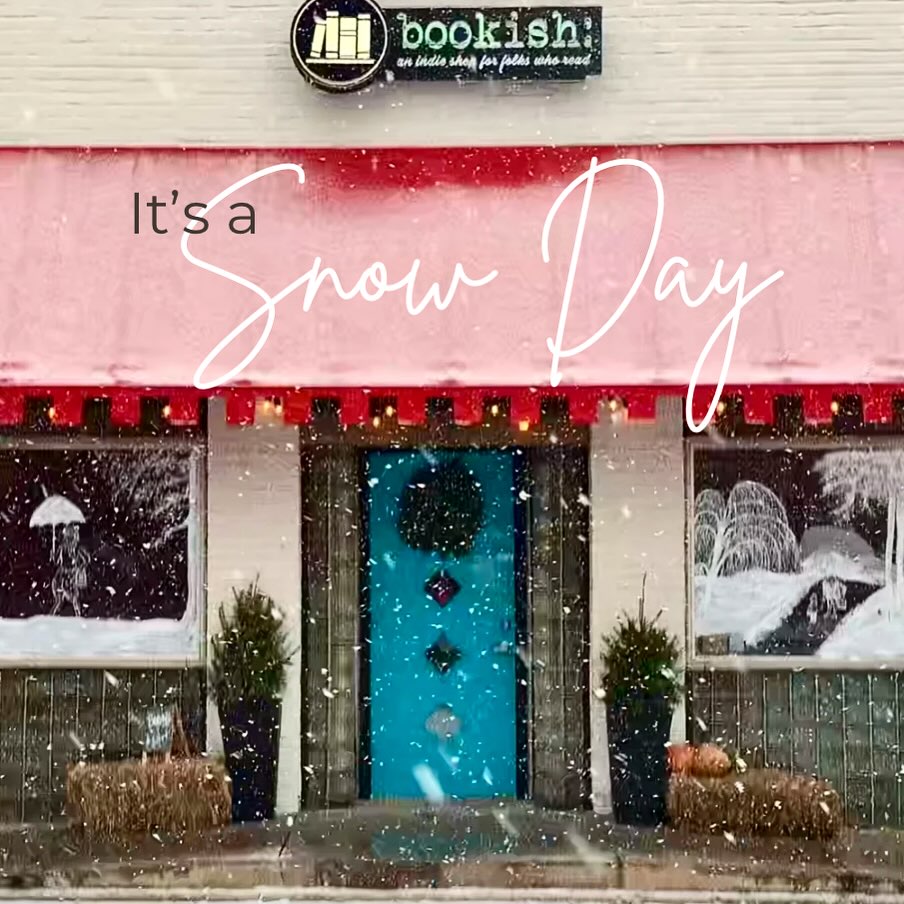 "Due to today's snow, will be
"Due to today's snow, will be 
 Book you're an evangelist for:
Book you're an evangelist for: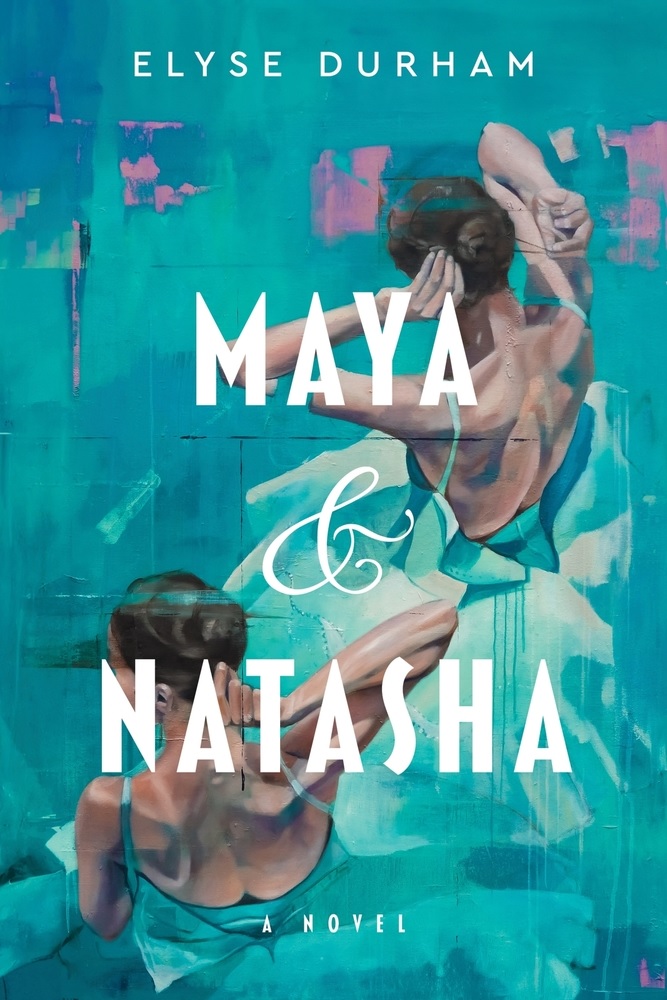 Elyse Durham's poignant debut novel, Maya & Natasha, follows the intertwined stories of the titular twin sisters, born on the eve of the siege of Leningrad to an unwed ballerina mother who dies soon after. Raised by their mother's dear friend, Katusha, both girls spend their childhoods studying at the Vaganova Ballet Academy, the prestigious Soviet ballet school their mother also attended. But as they grow into teenagers, their smooth pas de deux develops a hitch in its rhythm. When the girls, at age 16, learn that the state will not allow two members of the same family to leave the country together, they realize the implications for their burgeoning ballet careers. Soon afterward, a terrible betrayal fractures their relationship entirely, leaving them to build separate lives. The dance of the following decades forms the centerpiece of Durham's narrative, as she explores how the sisters--even from thousands of miles apart--manage to shape one another's lives.
Elyse Durham's poignant debut novel, Maya & Natasha, follows the intertwined stories of the titular twin sisters, born on the eve of the siege of Leningrad to an unwed ballerina mother who dies soon after. Raised by their mother's dear friend, Katusha, both girls spend their childhoods studying at the Vaganova Ballet Academy, the prestigious Soviet ballet school their mother also attended. But as they grow into teenagers, their smooth pas de deux develops a hitch in its rhythm. When the girls, at age 16, learn that the state will not allow two members of the same family to leave the country together, they realize the implications for their burgeoning ballet careers. Soon afterward, a terrible betrayal fractures their relationship entirely, leaving them to build separate lives. The dance of the following decades forms the centerpiece of Durham's narrative, as she explores how the sisters--even from thousands of miles apart--manage to shape one another's lives.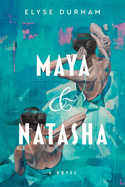
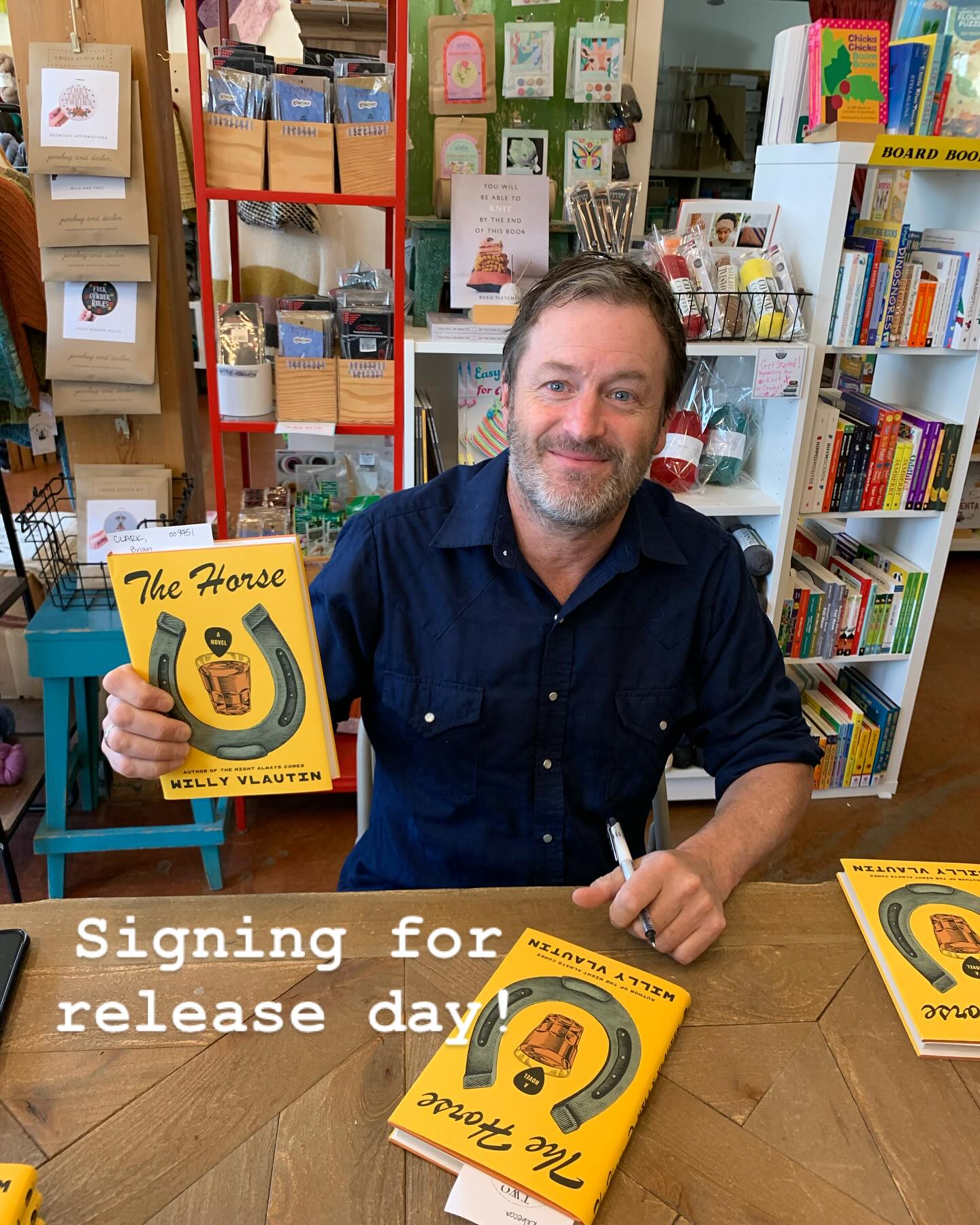 Time is running out but if you want to purchase a signed/personalized copy of any of Willy's books check out
Time is running out but if you want to purchase a signed/personalized copy of any of Willy's books check out 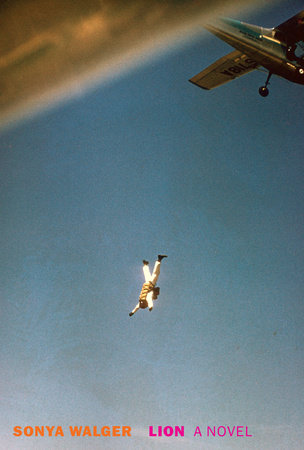 Vlautin:
Vlautin: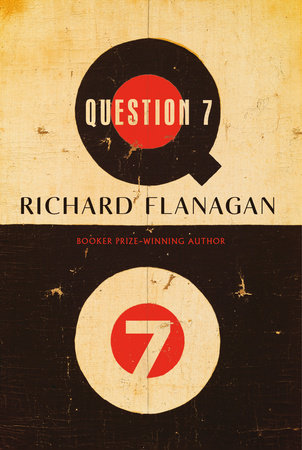 Flanagan:
Flanagan: